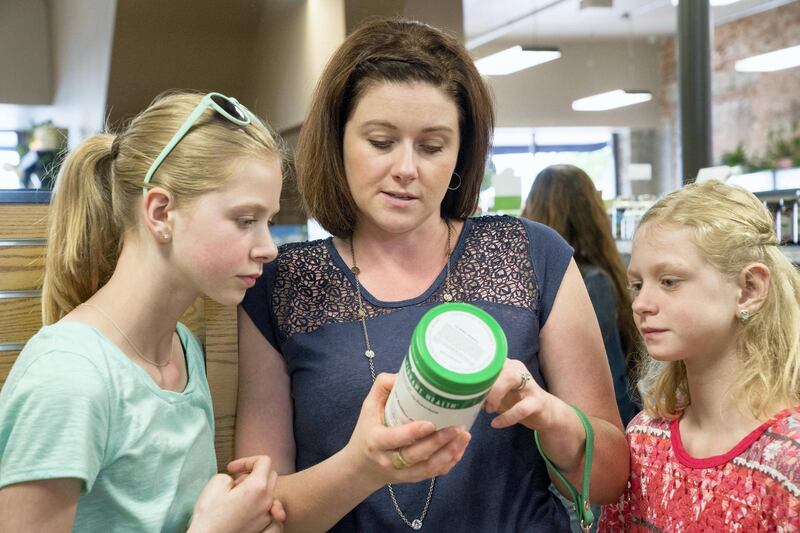My eight-year-old daughter wrote a postcard to an environmental campaign group this month. "Dear Greenpeace," it read. "I am with you on your journey and I am writing to wish you good luck! Please make sure that no animals are harmed and they have enough to eat and drink like us …"
Her first attempt at environmental activism came in response to a leaflet that listed Greenpeace’s biggest and most successful campaigns to date, efforts that clearly chimed with my daughter’s burgeoning sense of environmental responsibility. Her words also registered with me. I have taken care to teach her the values of kindness and respect, and here she was, in turn, choosing to add another increasingly important and modern value to her own personal code.
Later when I asked my daughter about what values meant, she duly rattled off her school’s ethical code: kindness, courage, peace, love and forgiveness. “They’re the good things you live by,” she told me earnestly. “But how do you learn how to put them into practice?” It’s a question better asked of parents, not least myself, of course. So, here goes.
Tie it all down
Self-awareness is at the heart of Myla and Jon Kabat-Zinn's gentle book Everyday Blessings: Mindfulness for Parents. The authors argue that parents should take a look at their own behaviour and consider whether it embodies their chosen values. "We might look at the whole question of what it would take to incrementally establish different priorities that reflect more deeply what we care about," they write. But it all starts with a list. Values change over time and as families grow. Ask yourself when was the last time you considered what is important to you and your family.
Values for the real world
Each of us has a different set of issues that dictate our value systems, with religion and culture often playing a central role, but it's also useful to consider values as tools that will help your children navigate their way in the world. Respect and self-respect are critical in protecting kids against the pressures that social media and the internet are bringing to bear on young people and their relationships, identity and sexuality.
For psychologist Steve Biddulph, respect is taught at home in the way mums, dads and siblings treat each other and those outside the family. The questionnaire "How respectful is your household?" in Biddulph's 10 Things Girls Need Most is a useful place to start considering how to teach and encourage respect.
Exploring values at different ages
Little children learn best from games and stories. Aesop's fable The Boy Who Cried Wolf is often used to illustrate the perils of lying, and I would argue from my own experience that when catching a child in a lie, it's useful to discuss the way telling untruths makes us feel (anxious, guilty, etc) rather than simply branding behaviour as "bad".
Kindness is another good example of a value that is easily illustrated for small children: when a child takes another’s toy away, tears result, but when the toy is restored in an act of kindness, these are replaced with smiles. As kids get older, role-play and discussion take the place of games. For example, when my budding environmentalist and I went supermarket shopping recently, we took the time to scan food labels for palm oil, a substance that she now associates with deforestation. It took a little while longer, but she left the shop proud that she’d been able to put this value into action.
Just put the TV on
There are times when the to-do list for round-the-clock parenting becomes rather too onerous and turning the TV on is a welcome respite. There are plenty of moral lessons in good old-fashioned movies of the kind that are constantly being remade, such as Mary Poppins. As well as being memorable family viewing, it's easy to use the plot lines as hooks into discussions around values such as personal responsibility: "People who get their feet wet must learn to take their medicine." Grab some popcorn and get stuck in.
Putting the family into family values
How about the value of “family” itself and how that might be expressed? Myla and Jon Kabat-Zinn suggest that keeping the home clean and tidy together is a good way to honour the family unit and provide a backdrop for intimate family rituals, from sharing dinner to folding the laundry together.
“There are times that the family needs attention,” they write. “We bring everyone together, sometimes to identify and solve particular problems, sometimes just to have fun. Over time, a collective sense of being part of a larger whole developed in [our] children.”






